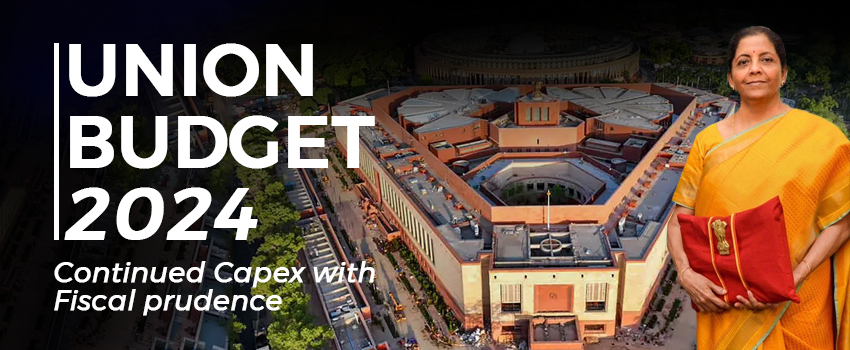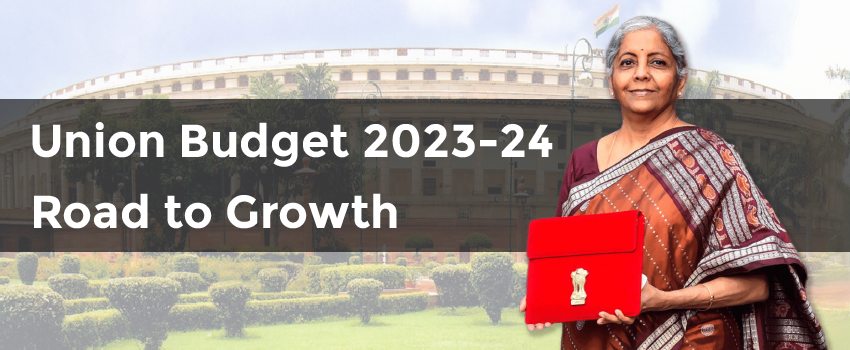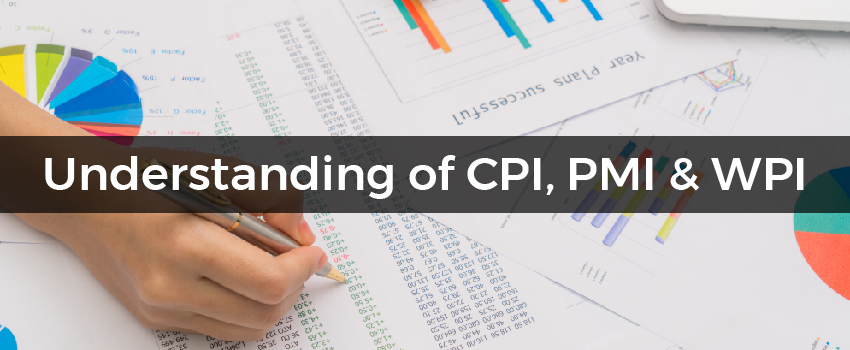As Finance Minister Pranab Mukherjee is all set to present his second full budget on February 26, there are some key concerns like rising fiscal deficit and withdrawal of stimulus measures, lingering in every investors mind. Here I have tried to analyse these concerns by looking at possible scenarios.
The stimulus packages have worked and as a result economy has again started registering positive growth. But the bad news is that, the government is under pressure to begin fiscal consolidation as India’s fiscal deficit has reached dangerous proportions on the back of the stimulus measures and due to rising government expenditure. The Prime Ministers Economic Advisory Council (PMEAC) has already warned the Govt that it can’t continue with unsustainable fiscal deficits recorded in the last two years and will have to start fiscal consolidation in the coming fiscal year (2010-11) to ensure fiscal sustainability, contain interest payments, to avoid upward pressure on interest rates and to curtail rising prices.
The current year’s estimated fiscal deficit is 6.8 % and is expected to be kept at 5.5% for FY2010-11 and 4% in FY2011-12. Though it is important to reduce the fiscal deficit, achieving this target by compressing capital expenditures drastically can be dangerous. According to Nobel Laureate Paul Krugman, “Any policy action to bring down deficit when the economy is still recovering from slowdown would be counter-productive.” Govt should not curtail capital spending significantly particularly in infrastructure as it is a critical growth driver for economy. Higher social sector and infrastructure spending will keep the consumption cycle in line with required economic growth rate.
As not much choice left on expenditure front, Govt will have to reduce fiscal deficit by focusing on revenue side. Implementation of Goods and Services Tax (GST) across the country and expansion of the service tax base in this fiscal will result in increase in revenue by about 0.5% of GDP. Also, disinvestment of PSUs and 3G spectrum auctions will generate additional revenue of more than Rs 70,000 cr. As Government is planning to remove unnecessary subsidies on petroleum products, this will also result in higher revenue. Higher corporate and income tax revenues are expected this fiscal as economic recovery is on right track. Also Govt is expected to increase the excise duty as step wise withdrawal of stimulus. Over all tax revenue is expected to go up by 15% in FY2010-11. Thus, by focusing on revenue side Govt can practically reduce fiscal deficit by 1.0 to 1.5% in FY 2010-11 without putting any pressure on economic growth. Higher revenue will also result in lower borrowing by Govt and thus lower crowding out of private investments.
Looking at overall scenario, I expect that the Govt will be able to bring down its fiscal deficit by 1.2-1.5% to 5.3-5.5% in this fiscal (FY2010-11) and that too without any adverse impact on economic growth. At the end, it is clear that Govt is going to tackle fiscal deficit by focusing on fiscal consolidation in coming budget. Rolling back the fiscal stimulus should also happen but in a calibrated fashion. With this it will be able to manage its long-term growth expectations with short term goal of economic recovery and lower inflation.
If you liked what you read and would like to put it in to practice Register at MoneyWorks4me.com. You will get amazing FREE features that will enable you to invest in Stocks and Mutual Funds the right way.
Need help on Investing? And more….Puchho Befikar
Kyunki yeh paise ka mamala hai
Start Chat | Request a Callback | Call 020 6725 8333 | WhatsApp 8055769463










Very well written and explained. Indeed reigning fiscal deficit is the biggest challenge that the government is facing right now. the constantly rising food inflation is another problem that needs to be tackled soon.
Looking forward to hear more from you once the budget is out. What do you think these moves like increasing the revenues from different sources, will impact the stock market?
Charu
After hearing out the budget, it looks like you've got the FM's thinking bang on, right.
The author should be aware that the policy of fiscal stimulus has not worked anywhere in the world. If the author thinks that Govt spending can be a way out of recession, than the govt can tax away all the income of people and spend. Everyone will agree that government spending is the most inefficient use of scare resources. Therefore in the long run, economy is going to suffer although there may be a mirage of recovery in the short run.
To highlight the inconsistency in this line of thinking, the author says in the fourth para that now the tax revenues may be increased to reduce the fiscal deficit. I find it funny!! Earlier you say that people are not spending and therefore the government should spend and now you say that people should be taxed (so that they donot spend even the amount that they spend now).
The article shows a lack of understanding of economic issues. The author will do well to remember that in the past only those countries have progressed which have maintained very low taxes and promoted private enterprise http://www.rediff.com/money/2008/jul/24sld2.htm As a citizen of the country, I strongly criticise the authors suggestion of increasing taxes and suggest him/her to study the book Economics in One lesson by Henry Hazlitt http://www.hacer.org/pdf/Hazlitt00.pdf to develop a proper understanding of the principles of economics
@Ashish Shivam,
Oh I miised your name. But saale it is not a hate mail. Think about it. Everybody agrees that Government spending is most inefficient and it leads to improper/sub optimal allocation of resources. And KEYNES WAS NOT AN ECONOMIST. HE WAS A BUREAUCRAT. And he was childless, probably that explains his shortsightedness. But alas!! now we have his prodigal son Krugman to contend with. Government could also reduce taxes to near zero and by doing it can increase people's income and spending power. But it never does that!!!!
When you say disinvestment generating revenue, think dude. Thats money coming out of people's pockets thereby reducing their income and spending power.
Of course you are only trying to think and write what the Finance Minister thinks but than again you are justifying the actions of FM (4 para 12th line).
It is not a hate mail…hope you will give a thought to the points that I have brought out
@ Charu Thanks for the appreciation. the sector wise impact of this budget is inevitable. More on this in next post 🙂
@ Nanditha Yeah but FM has to be careful as path ahead for fiscal consolidation is quite tough.
@Ghanshyam Though it always pays to have a critical or rather say different view on one's work, i really doubt that you have got what i tried to convey here.
As you have mentioned that i am contradicting (4th para) my views on tax revenue, i would like you to know what i meant here was tax revenue is expected to increase as a result of increased prosperity due to economic recovery (more money, more tax in absolute term) and not because of increasing the income tax rate on public. So when your income increases you spend more (high consumption) and pay more taxes (comfortably i hope!). similarly, higher corporate taxes are expected as a result of higher earnings this fiscal and not because of higher corporate income tax. i hope i have made myself clear here.
Though, i never claimed that i have a better understanding of economics or economic policies, i have downloaded the PDF you have suggested and will surely read and try to understand basic economics.